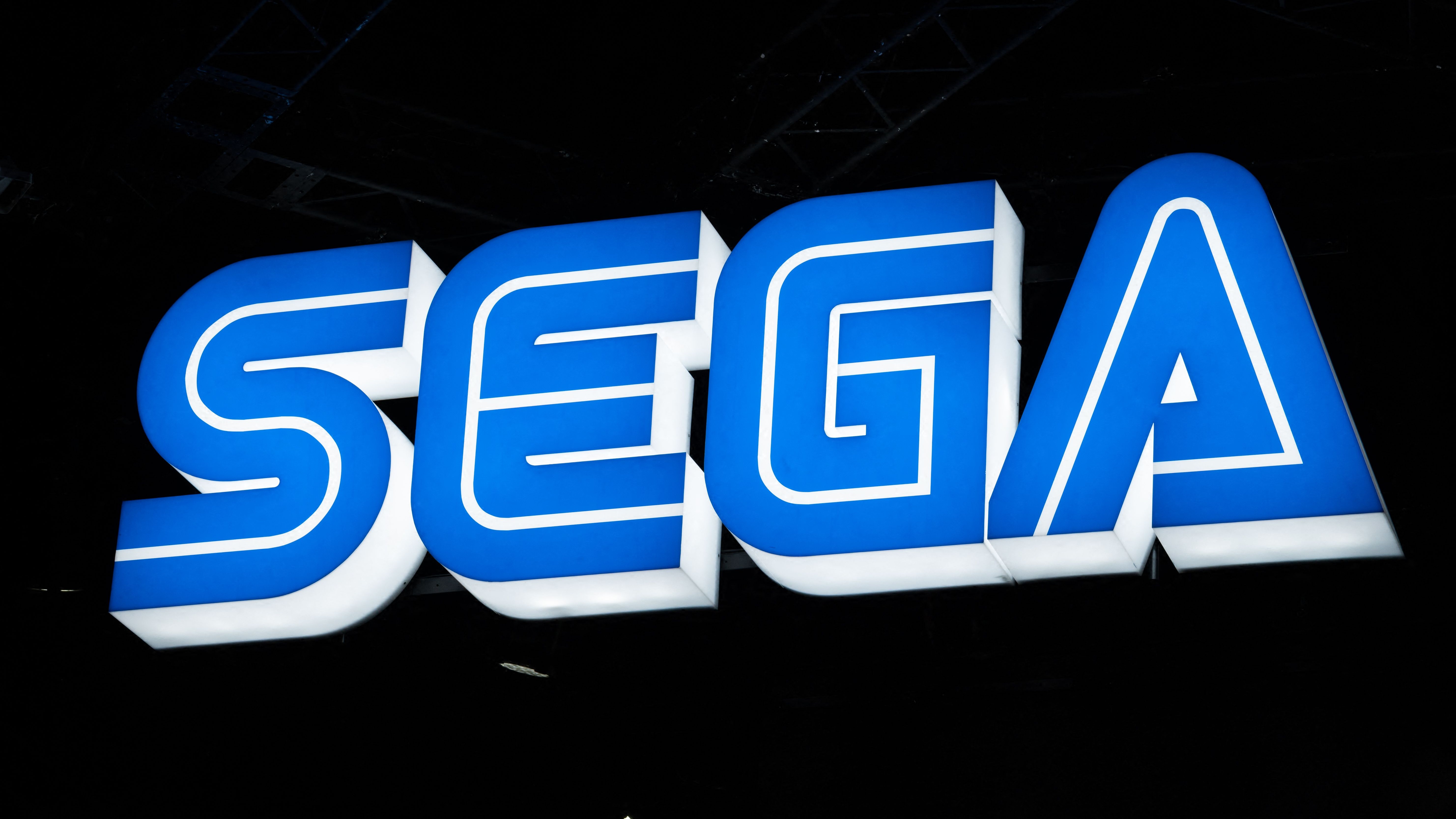Sega arrives late to Japan's pay-hike party, bumping employee salaries by 30%
Sega does what Ninten-already-did.

Sega has announced that its current Japan-based staff are set to get a monthly pay bump, in a move likely spurred by surging inflation and similar pay increases at Sega's Japanese competitors. In a press release last Friday, Sega said that, starting July 1, it "plans to increase the average monthly salary of existing employees by approximately 30%".
It might seem like a mind-boggling act of corporate generosity to western eyes, especially since we're all so used to news of swingeing layoffs in the tech sector these days, but Sega's actually lagging its competitors on this one. Bandai Namco, Capcom, and Koei Tecmo announced pay rises for their Japanese employees in the middle of last year, while Nintendo announced a 10% pay bump earlier this month.
It's worth remembering that, as the Japan Times pointed out, the pay rises at Capcom and the others last year didn't bring the base salaries at those companies up to Japan's national average of ¥4.89 million (£30K/$36K).
Whether or not a 30% monthly salary increase at Sega does manage to get employees up to the national average depends on what they were being paid before, so it's difficult to say definitively. We do know, however, that Sega is increasing the monthly salary for new-start university graduates from ¥222,000 to ¥300,000 (or ¥3.6 million/£22K/$27K a year, so still below average).
The news comes after Japanese prime minister Fumio Kishida urged firms in the country to hand out pay rises to help workers cope with inflation, which has seen the country's real wages (meaning wages adjusted for inflation) fall precipitously. Although Japan has maintained relatively low rates of inflation in comparison to other major economies over the last year or so, it still hit a 41-year high in January.
The biggest gaming news, reviews and hardware deals
Keep up to date with the most important stories and the best deals, as picked by the PC Gamer team.

One of Josh's first memories is of playing Quake 2 on the family computer when he was much too young to be doing that, and he's been irreparably game-brained ever since. His writing has been featured in Vice, Fanbyte, and the Financial Times. He'll play pretty much anything, and has written far too much on everything from visual novels to Assassin's Creed. His most profound loves are for CRPGs, immersive sims, and any game whose ambition outstrips its budget. He thinks you're all far too mean about Deus Ex: Invisible War.

